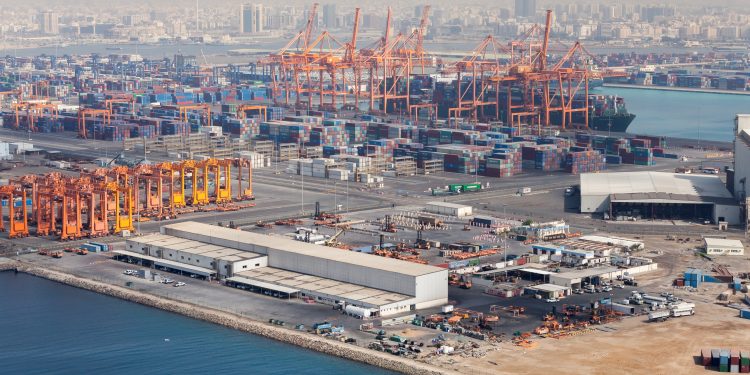The Kingdom of Saudi Arabia is on the verge of unveiling a comprehensive strategy aimed at enhancing the skills and capabilities of workers within the industrial and mining domains. This initiative, outlined by the Deputy Minister of Industry and Mineral Resources for Human Capacity Development, Eng. Faris Alsaqabi, is rooted in the development of national programs designed to bolster the achievement of the strategy’s objectives.
Eng. Alsaqabi highlighted the strategy during a visit to the Food Industries Institute in Al-Kharj, where he surveyed the progress in training programs and the integration of Saudi nationals into the workforce, commonly referred to as Saudization.
The deputy minister underscored the government’s commitment to generating 2.1 million jobs in these sectors. To accomplish this, the ministry is actively engaging in discussions with local academic institutions such as Saudi universities, academies, and institutes, with the goal of streamlining the qualification process and enhancing skill development to support the industrial sector.
Significant strides have been made in this direction, including the introduction of a Mining Engineering program at King Fahd University of Petroleum and Minerals, and collaborative efforts with Princess Nourah Bint Abdulrahman University to cultivate fields of study that promote female involvement in the industry. Additional collaborations are underway with King Abdulaziz University and King Saud University.
Moreover, the Ministry of Industry has partnered with the Ministry of Education to integrate the essence of the Industrial Revolution into the educational curriculum. This includes emphasizing skills pertinent to the labor market and preparing students for the technological advancements characteristic of the Fourth Industrial Revolution, particularly as they impact the industrial and mining sectors.
Eng. Alsaqabi also pointed out that the Ministry’s Agency for Human Capacity Development is dedicated to fostering continuous learning, starting from early childhood education and extending through the different phases of schooling into university. This learning journey does not conclude with graduation but persists throughout an individual’s career, ensuring that the workforce remains adept with the evolving skill sets demanded by the Fourth Industrial Revolution.









